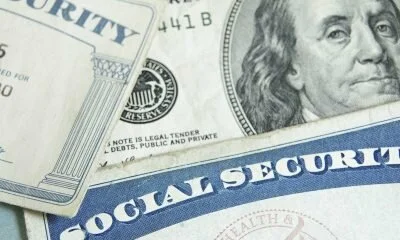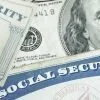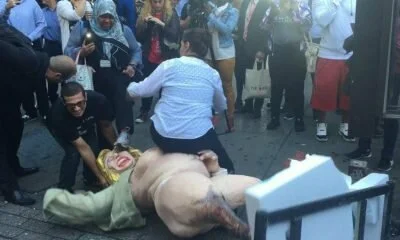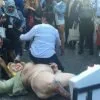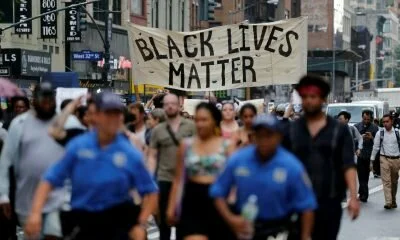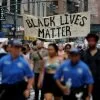News
Study: White Americans Dislike Black Americans More During Bad Economy
.
Reported by April V. Taylor
A recent series of experiments performed by New York University psychology professor David Amodio and graduate student Amy Krosch, studied how economic scarcity impacted racial perception and interactions. The study was published in Proceedings of the National Academy of Sciences, and its finding are revealing.
The study required 285 non-black people, who were predominately white, to participate in a series of four experiments that assessed their feelings about economic competition between people of different races. For example, one of the questionnaire’s statements was, “When blacks make economic gains, whites lose out economically.” Respondents were also required to identify the race of people whose faces they were shown. Respondents were unaware of the fact that the face shots had been created by fusing different percentages of features from images of white and black people.
Past studies have found that scarcity and resource competition fuels a sense of distrust between different groups, and the findings in this most recent study indicate economic competition causes many white people to be more likely to judge a person as being black and therefore be part of what psychologists refer to as a persons “out group.” Study participants judged photographs to be of a black person even when the photo contained two-thirds of a picture of a white person meshed with one-third of an image of a black person; this means that a downturn or recession can cause a person to actually change how they define an “out” group to include more people.
While the politically correct term may be “out group cognitive bias,” what this amounts to is people becoming more likely to have racist attitudes and behaviors during economic recessions or downturns. Professor Amodio, the lead researcher, stated the following: ” It’s well known socioeconomic disparities between white Americans and racial minorities expand dramatically under conditions of economic scarcity. Our findings indicate scarcity changes the way people visually perceive another person’s race – and this perception distortion can contribute to disparities.” He continued: “People typically assume what they see is an accurate representation of the world so if their initial perceptions of race are actually distorted by economic factors people may not even realize the potential for bias.”
The study’s conclusion states that “the results suggest that economic scarcity may alter individual’s visual perception of black Americans, likely eliciting increased discrimination and that this process may worsen socioeconomic disparities.” Studies have shown that the racial wealth gap increases significantly during economic downturns. This phenomenon has often been blamed on institutional racism, but the study’s authors believe their findings indicate that there is also a subconscious form of racial prejudice at work that can greatly impact a person when doing such things as applying for a bank loan, dealing with a mortgage, or interviewing for a job.


